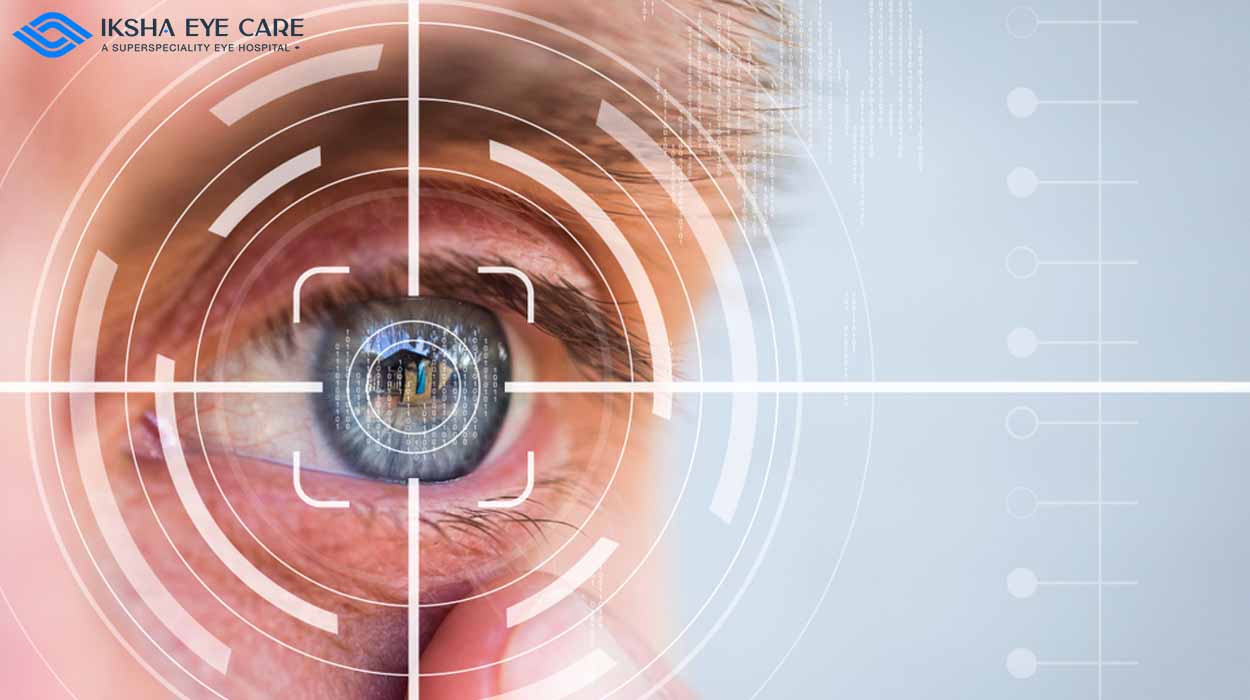Specialized Retina Service Near Me: Top-Notch Eye Care Professionals
Specialized Retina Service Near Me: Top-Notch Eye Care Professionals
Blog Article
Comprehending the Numerous Eye Conditions Treated by Specialized Eye Care Professionals
In the realm of eye care, specialized professionals play a critical function in detecting and dealing with a broad selection of eye problems. From common refractive mistakes that affect vision quality to age-related conditions that pose challenges as we age, the know-how of these specialists encompasses handling vision-threatening illness and elaborate corneal disorders. The complexities of neurological eye conditions present one-of-a-kind difficulties that demand specialized care. As we embark on this expedition of the different eye problems resolved by specialized eye treatment professionals, it becomes apparent that the elaborate internet of ocular wellness holds a myriad of remarkable understandings waiting to be uncovered.
Typical Refractive Errors
Refractive mistakes are usual aesthetic conditions triggered by a flaw in the eye's capability to correctly focus light, resulting in obscured vision. Astigmatism is identified by an irregularly shaped cornea, resulting in distorted or obscured vision at all ranges. Presbyopia is an age-related problem where the lens loses its versatility, making it hard to concentrate on close things.
These refractive mistakes can be remedied through various methods, consisting of spectacles, get in touch with lenses, or refractive surgical treatment. Eye treatment professionals play a crucial function in detecting and taking care of refractive mistakes to help individuals achieve more clear vision and improve their quality of life.
Age-Related Eye Conditions
One of the most common age-related eye problems is age-related macular deterioration (AMD), a disease that causes central vision loss and can make tasks like analysis and driving challenging. Cataracts, another usual condition amongst older people, create clouding of the eye's natural lens, leading to blurred vision. Routine eye examinations with specialized eye treatment specialists are crucial for early discovery and management of these age-related eye problems to protect vision and maintain eye wellness as individuals grow older.
Vision-Threatening Illness
Vision-threatening conditions incorporate a variety of major eye conditions that have the potential to dramatically impact an individual's sight and general visual feature. These illness present a risk of permanent vision loss otherwise promptly detected and dealt with by specialized eye care experts. Some common vision-threatening conditions consist of glaucoma, diabetic person retinopathy, age-related macular deterioration (AMD), and retinal detachment.
Glaucoma is a group of eye conditions that harm the optic nerve, usually due to high intraocular pressure, page leading to outer vision loss and possible blindness if left without treatment. AMD is a dynamic condition affecting the macula, leading to central vision loss.
Very early discovery, regular eye examinations, and prompt intervention are critical in handling vision-threatening conditions to protect eyesight and preserve top quality of life. Specialized eye care specialists play a vital duty in diagnosing, dealing with, and managing these problems to stop permanent vision loss.

Corneal Disorders
Corneal problems include a spectrum of conditions that affect the clear front part of the eye, known as the cornea. These problems can result in pain, visual disturbances, and in serious cases, vision loss. One usual corneal problem is keratoconus, where the cornea thins and bulges exterior into a cone form, triggering astigmatism and obscured vision. Corneal dystrophies, such as Fuchs' dystrophy, lead to gradual vision loss because of abnormal deposits in the cornea. Corneal abrasions, typically caused by injury or foreign things, can result in pain, soreness, and level of sensitivity to light. Additionally, infections like keratitis can inflame the cornea, possibly causing scarring and vision problems otherwise immediately dealt with. Therapy for corneal problems varies relying on the particular condition yet might include drugs, contact lenses, or in serious instances, corneal transplants. Normal eye tests are essential for early discovery and monitoring of corneal disorders to preserve vision and eye health.
Neurological Eye Conditions
Neurological eye conditions entail disorders that affect the connection in between the eyes find and the brain, affecting visual processing and overall eye feature. These conditions can show up in different methods, affecting vision, eye motions, and even the coordination between useful site the eyes. One common neurological eye condition is optic neuritis, defined by swelling of the optic nerve bring about vision loss, color desaturation, and pain with eye motion.
An additional substantial problem is nystagmus, where the eyes make repetitive, unchecked activities, affecting visual skill and deepness assumption. Furthermore, problems like amblyopia, often described as "lazy eye," result from uncommon visual advancement in early youth, bring about decreased vision in one eye.
Neurological eye conditions need specialized treatment from experts like neuro-ophthalmologists who have expertise in both neurology and ophthalmology. Diagnosis frequently includes an extensive eye evaluation, imaging research studies, and partnership with neurologists to address the underlying neurological concerns impacting the visual system. Therapy methods can include medicine, vision therapy, or in extreme cases, surgical interventions to manage these complex conditions effectively.

Final Thought
In conclusion, specialized eye care specialists treat a variety of eye conditions, consisting of typical refractive mistakes, age-related eye problems, vision-threatening conditions, corneal disorders, and neurological eye conditions - refractive surgeries in al. By comprehending these numerous problems and seeking suitable therapy from eye treatment experts, people can preserve optimum eye health and vision. It is essential to focus on routine eye examinations and comply with advised therapy strategies to protect and shield one's vision for the future
Report this page